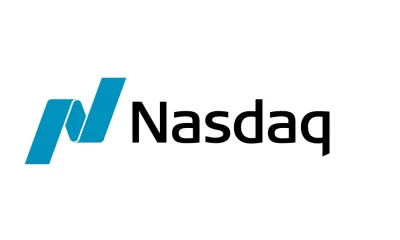Business
Decentralized data ownership app to launch open beta at Token2049
-

 Business6 days ago
Business6 days agoCircle stock jumps 167% on NYSE debut
-

 Business6 days ago
Business6 days agoJapan’s ‘Strategy,’ Metaplanet, to buy 91K Bitcoin in next 18 months
-

 Business1 week ago
Business1 week agoSEC faces criticism over crypto staking shift
-

 Business1 week ago
Business1 week agoAustralia rolls out new crypto ATM rules as feds flag rising scams
-

 Business6 days ago
Business6 days agoEuropean Parliament to vote on tech sovereignty proposal in July
-

 Business6 days ago
Business6 days agoYuga Labs looks to replace ‘unserious’ ApeCoin DAO with new ApeCo entity
-

 Business3 days ago
Business3 days agoMetaplanet shares jump after $5.4B plan to buy Bitcoin
-

 Business1 week ago
Business1 week agoCoinbase aware of recently disclosed data leak since January: Reuters




























